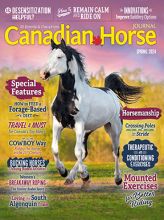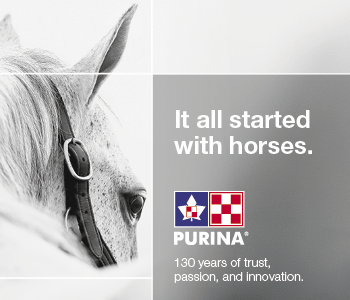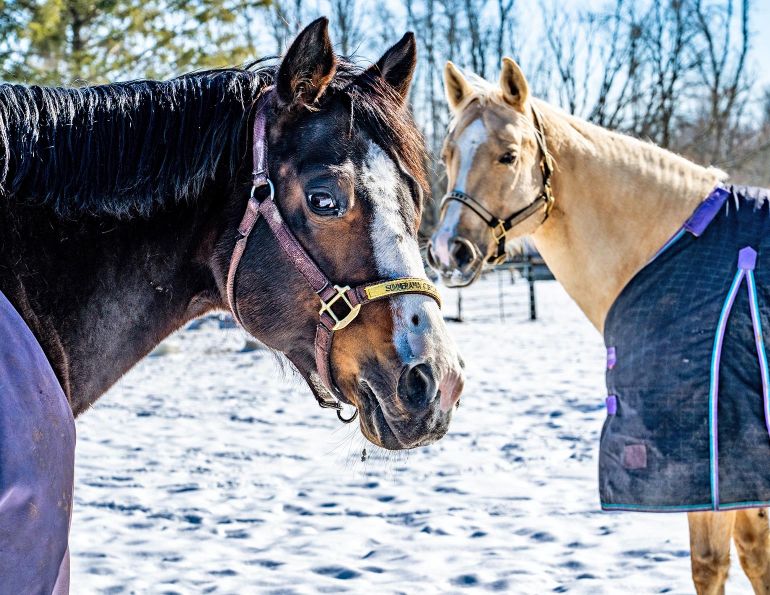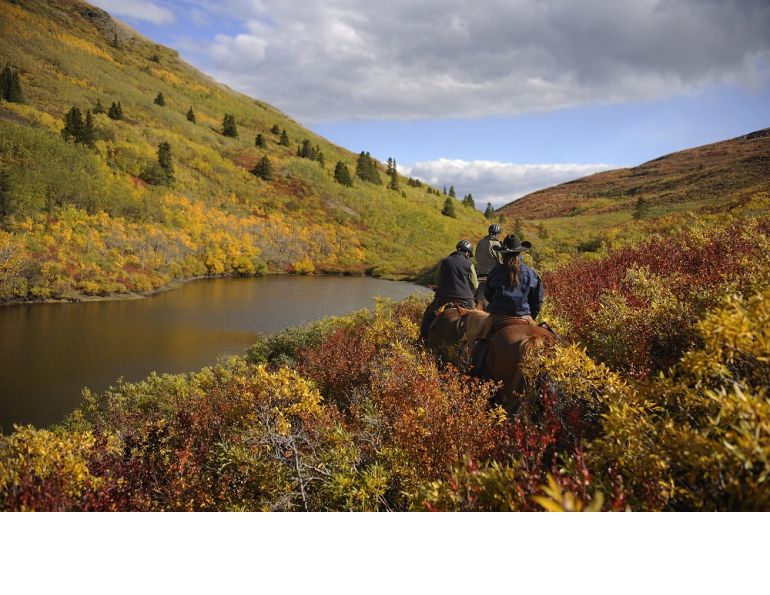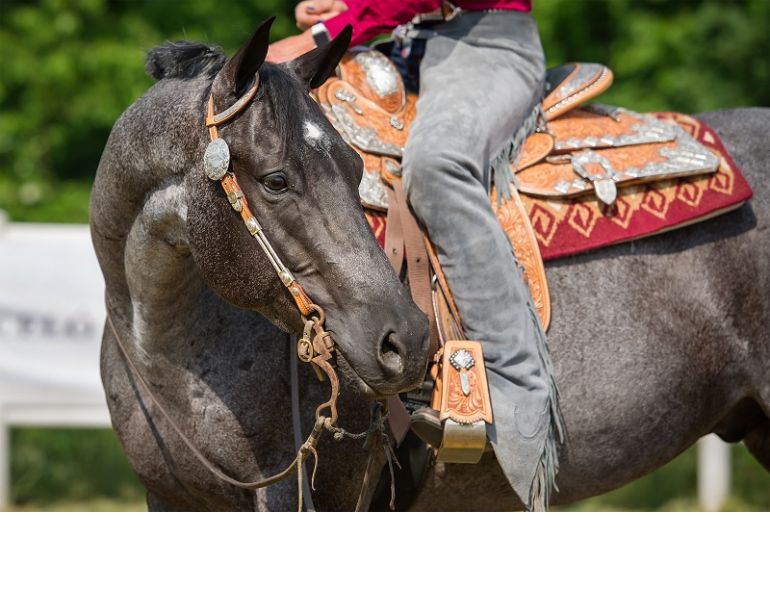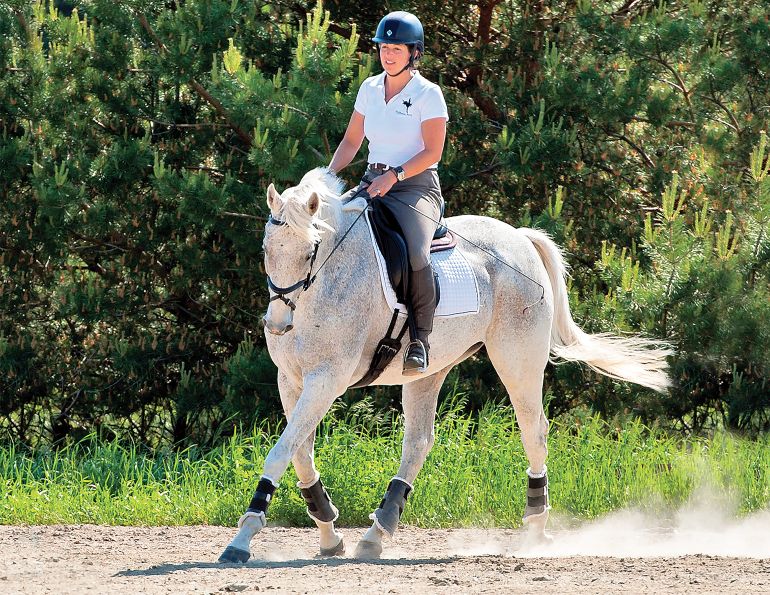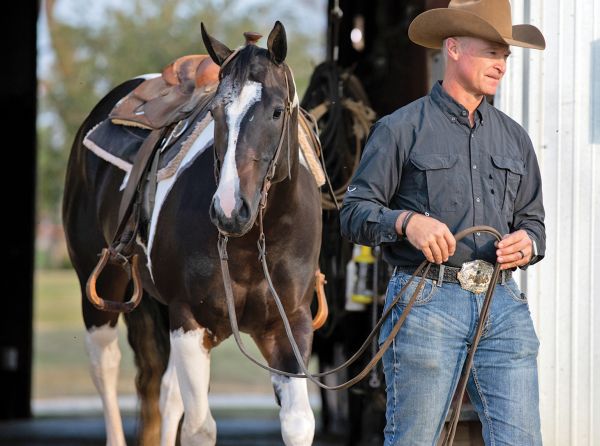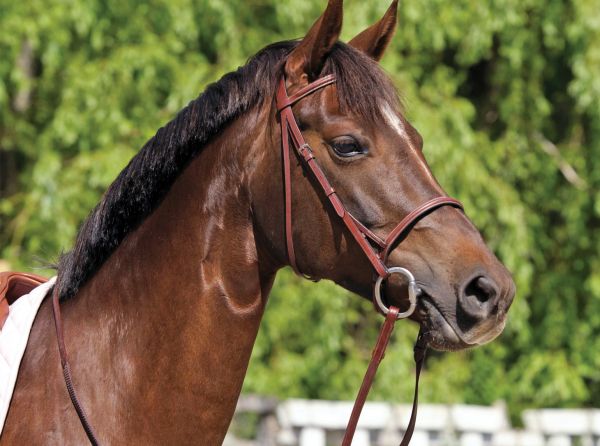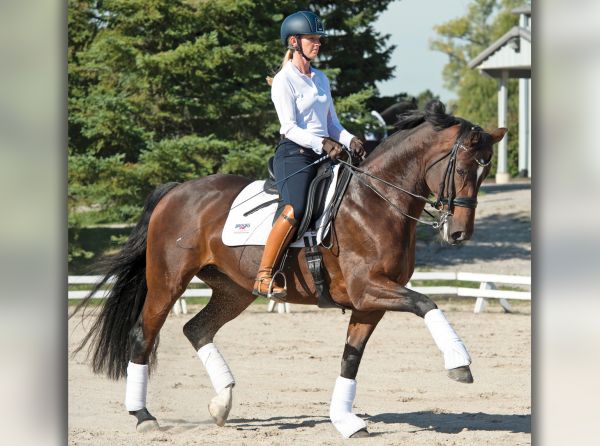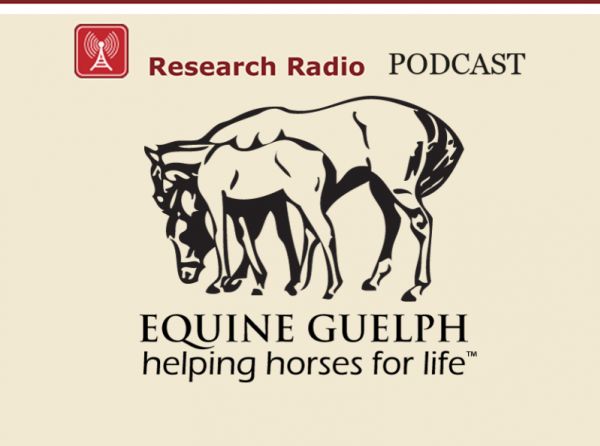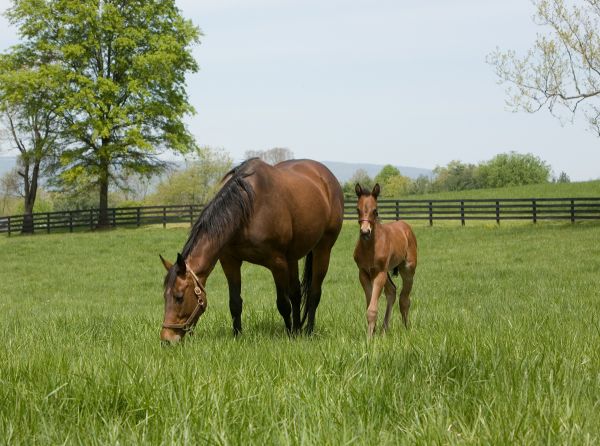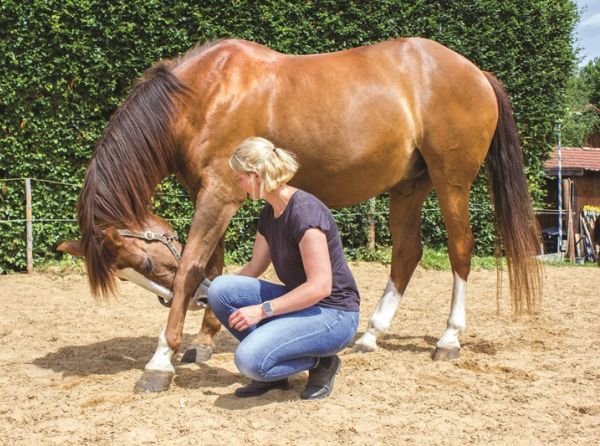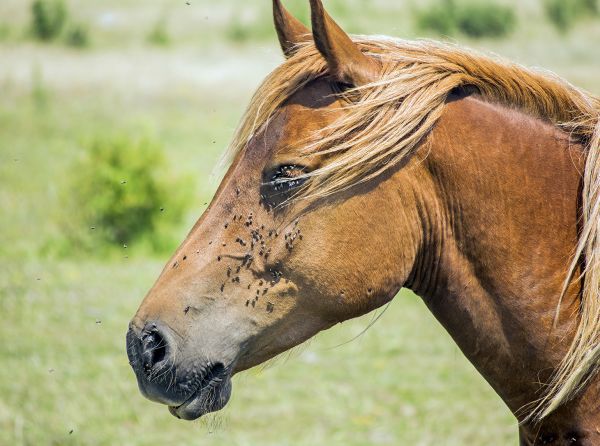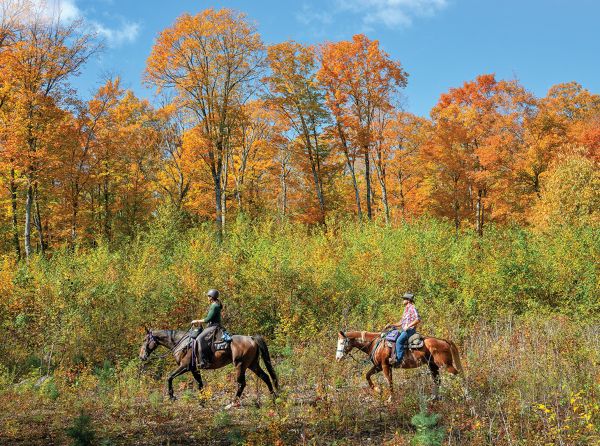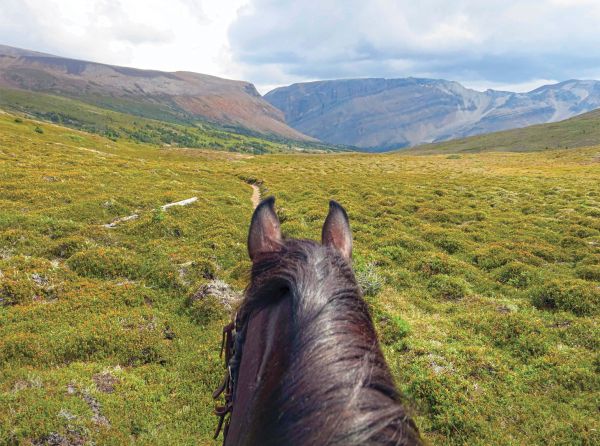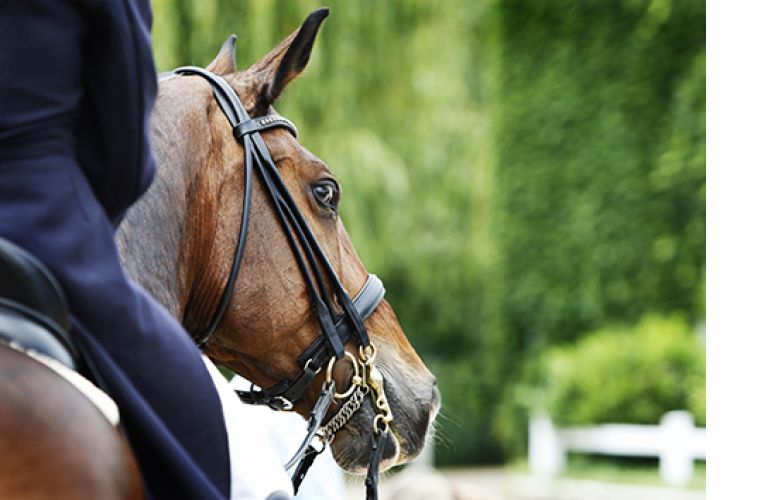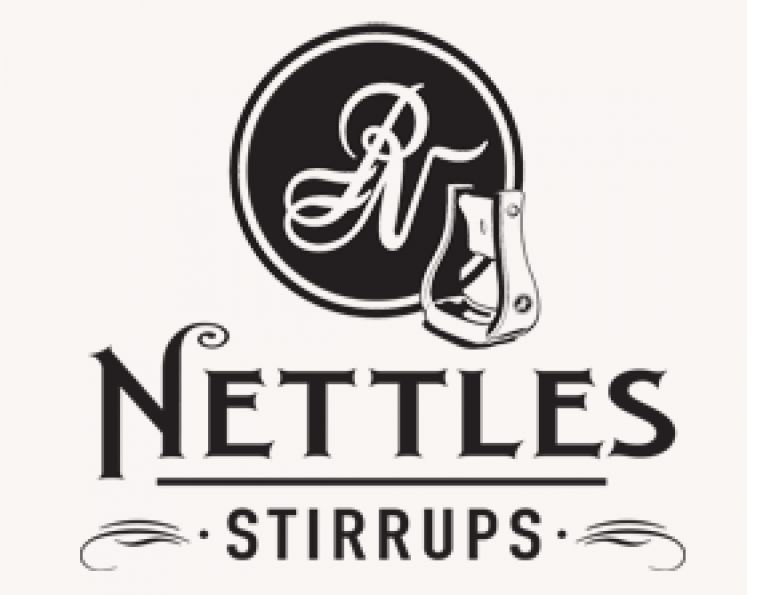By Stan Walchuk, Jr.
Trail riders are regularly faced with feeding choices on the trail. Whether feed is needed, what to feed, and when to feed are some of the questions we face. There are no blanket answers to these questions; the horse, the available feed, the time of year, and the length of the trip are some of the many factors that affect feeding decisions. Riders also have different opinions on these matters and there is more than one way to ensure that a horse gets good nutrition on the trail.
Although the nutritive value of grasses varies, palatable green grasses generally have all of the nutrition that your horse will need on the trail. If you are able to feed your horse on grass you generally do not need supplements of any kind. It may be surprising to some that high mountain grasses often have more protein and energy than valley bottom grasses. However, as the riding season progresses to fall and winter, grasses lose nutritive value and it can become critical to supplement the natural feed, especially for horses that have been on the trail all season.
The first thing to consider is the length of your trip and the time of year. If your horse is on a single trip lasting two weeks or less and goes on the trail healthy and with good weight, then supplemental feeding for health purposes is unnecessary providing green grasses are available for feed. Moreover, if the horse is fat it would be just fine to lose some bodyweight while working on the trail for a week or two, provided feeding times are generous.
Outfitters and trail riding operations that use horses throughout the season need to give more consideration to extra feed and supplements as these horses are spending calories over a long period and will lose condition. As autumn approaches the condition of horses that have not been kept up will drop off quickly as the nutrient levels in grasses fall.
The most common problem I see with trail feeding is horses that are given only one or two short feeding periods during the day and then tied up or confined at night. A horse’s stomach and intestine is best suited to multiple feedings over a long period of time and it does not have the capacity to hold large quantities and ruminate as a cow’s gut would. An hour of feeding in the evening and in the morning may be enough for a short trip, but horses that are used throughout the season need to be turned out for multiple feeding times or hobbled or picketed all night on good feed.
Horses do have the ability to utilize coarse cellulose due to bacteria in the hindgut that breaks down rough fibre, creating enzymes that allow the material to ferment and produce carbohydrates. Many good trail horses enjoy willow and other coarse feed while on the trail and will get benefit from it. Many domestic horse and wild horses survive winter conditions by eating roughage such as bark.
If the conditions allow it we find that turning out horses with hobbles is the most effective way to ensure good feeding on the trail. It is also the most environmentally friendly option as the horses are not tied. Many times we have seen picket line, high-line, and treed areas that were destroyed to the point where they were wide swaths of dirt because horses were confined overnight. Proper high-lines on hard ground and similar methods do work well in the right situation, such as in parks or areas where feed must be packed in and free grazing is not allowed. If you use a picket line be sure that the feed is good and move the line often. We find tying to a foot safer than tying to the halter, and avoid leaving the horses overnight as they can get tangled or worse. Use picket areas free of obstacles that may catch the line.
Alfalfa or alfalfa-grass cubes are a good option if your trail horse requires supplemental feeding. They provide good nutrition, are less messy than pellets, and won’t introduce weeds or invasive grasses into the natural environment like loose hay. Photo: Pam MacKenzie
If you are packing in supplemental feed, I suggest alfalfa cubes as alfalfa has an abundance of all of the valuable nutrients and you lose less feed with cubes than with pellets, particularly if feeding on the ground. However, feeding from a feed bag is better than dumping feed on the ground.
If you pack in all of your feed, then I suggest alfalfa-grass mix cubes. I am not a fan of packing in hay because of the widespread destruction created by rampant weeds from these practices.
Why hay bales were ever allowed to be packed into park areas is beyond me. Just because the sign says “weed free hay only,” does not mean that the hay is actually weed free. Again, unless it is a high use area, free grazing is less destructive.
Supplementing with grain is just fine and adding a vitamin and electrolyte mix is a great idea, especially for longer trips and late in the season. Feeding small quantities as a treat keeps horses friendly and close to camp. If you make a habit of feeding at a certain time, say first thing in the morning, the horses will make a habit of being there, saving you lots of leg work.

Pick a campsite with good feed and water and be sure that the water is accessible. Turning hobbled horses out for the night on good feed ensures horses have the time to eat the quantity of feed they require. Photo: Shutterstock/Alexey Kamenskiy
When you stop to make camp, be sure that the area is rich with feed or the horses will head out looking for better feed. Making your camp near the trail you came in on will allow you to stop horses with the devious intention of heading back home. If grasses are wet with rain or heavy dew then horses will not need to drink free water, but in most cases you need to camp where water is available. Make sure the water is accessible, as many streams have steep banks.
Unless feed has been sparse the night before we do not let horses feed as we ride because it is bothersome to other horses and our progress. Similarly, if you let horses drink at every puddle they soon learn the game and demand to stop at every puddle for a drink. Drinking a couple of times during the day is enough.
Colic is a serious problem for trail riders due to trailering stress and feed changes on the trail. Never feed dry hay in the trailer over longer trips when free water is not available. Horses can lose up to 15 litres of body water in an hour in a hot trailer. If we are hauling several hours it is safer to feed and water when you arrive than to feed dry hay during the journey. We always let the horses water after long trips, before they eat; turning thirsty horses out to dry pasture, especially if it is an abrupt change in the type of grasses from the norm, may also create colic.
Riders often worry about weeds on the trail but we have found that horses are very good at choosing not to eat toxic plants. The problem comes when good grass is not available and they resort to eating plants they would normally avoid, whether in a pasture or on the trail.
Some backcountry horse riders say “I would rather count ribs than count tracks,” meaning that they would prefer horses get tied up at night rather than turned out where they would have to find them in the morning. Personally, I disagree. I have always lived by the belief that horses need to be turned out on good feed for the night and that riders need to use good wrangling techniques to keep horses close. Horse camping is not for the lazy. There are late season trips where the weather changes and horses need to make long miles in poor conditions such as through snowy mountain passes. In these cases a horse’s condition may drop off rapidly and hobbles may inhibit pawing in the snow. Training horses to accept back foot hobbles can help in these instances and, again, packing in feed late in the season can be a great benefit.
Good luck, have fun, and feed well!
Read more by Stan Walchuk on this site.
Main photo: Shutterstock/Marci Renee


